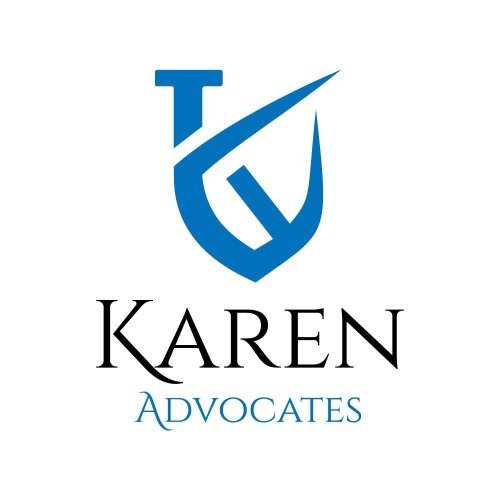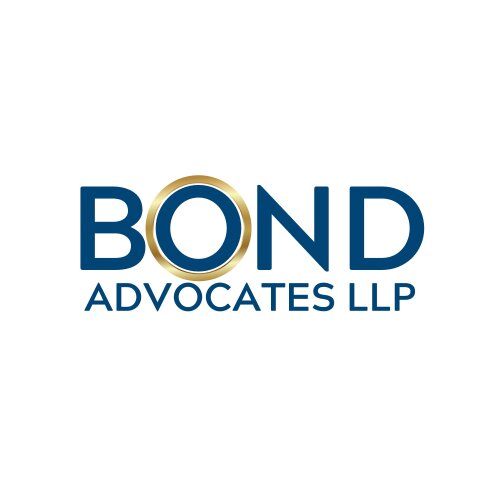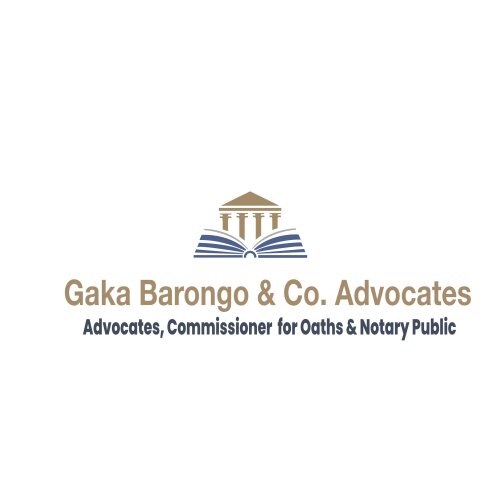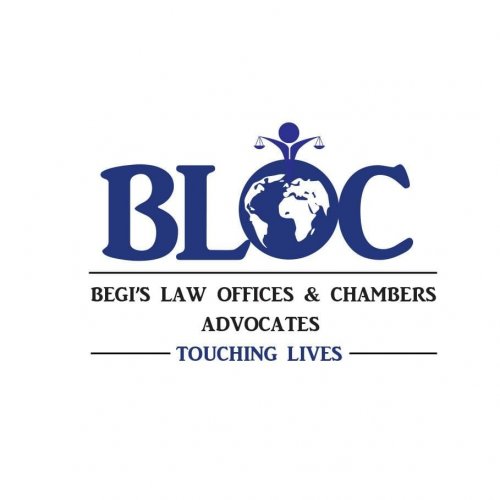Best Discrimination Lawyers in Nairobi
Share your needs with us, get contacted by law firms.
Free. Takes 2 min.
List of the best lawyers in Nairobi, Kenya
About Discrimination Law in Nairobi, Kenya
Discrimination refers to the unjust or prejudicial treatment of individuals or groups based on certain characteristics such as race, gender, religion, disability, or nationality. In Nairobi, Kenya, discrimination is not only morally wrong but also illegal. The constitution of Kenya guarantees every person freedom from discrimination and promotes equality for all.
Why You May Need a Lawyer
While discrimination is banned in Nairobi, there are instances where legal assistance might be necessary to protect your rights. Some common situations where you may require a lawyer include:
- Experiencing workplace discrimination or harassment
- Being denied housing or accommodation due to discrimination
- Facing discrimination in accessing public services or facilities
- Discrimination faced during education or training
- Experiencing discriminatory practices in the provision of goods and services
Local Laws Overview
Discrimination in Nairobi is regulated by various local laws. Some key aspects of these laws include:
- The Constitution of Kenya, which prohibits discrimination and protects individuals' rights to equality and freedom from discrimination
- The Employment Act, which addresses employment-related discrimination and promotes equal opportunities and fair treatment in the workplace
- The Fair Administrative Actions Act, which safeguards against discriminatory actions by public authorities and ensures fair treatment in decision-making processes
- The Persons with Disabilities Act, which protects the rights and prohibits discrimination against persons with disabilities
Frequently Asked Questions
Q: What constitutes discrimination in Nairobi, Kenya?
A: Discrimination in Nairobi can take various forms such as unequal treatment, harassment, denial of rights, or exclusion based on factors like race, gender, disability, religion, nationality, or age.
Q: How can I file a discrimination complaint in Nairobi?
A: If you believe you have been discriminated against, you can file a complaint with the Kenya National Commission on Human Rights (KNCHR) or seek legal advice from an attorney specialized in discrimination cases.
Q: What remedies are available for victims of discrimination?
A: Victims of discrimination can seek various remedies, including compensation for any damages suffered, injunctions to stop discriminatory practices, and orders for the responsible party to change their policies or practices.
Q: How long do I have to file a discrimination lawsuit in Nairobi?
A: The timeframe for filing a discrimination lawsuit may vary depending on the specific circumstances and the law applicable to your case. It is crucial to consult with a lawyer to understand the relevant statutes of limitations.
Q: Are there any organizations in Nairobi that provide free legal assistance for discrimination cases?
A: Yes, certain organizations, such as the Kenya Human Rights Commission (KHRC), offer free legal assistance and advice to individuals facing discrimination in Nairobi. They can guide you on your rights and legal options.
Additional Resources
- Kenya National Commission on Human Rights (KNCHR) - knchr.org
- Kenya Human Rights Commission (KHRC) - khrc.or.ke
- Equality and Human Rights Commission (EHRC) - equalityhumanrights.com
Next Steps
If you require legal assistance regarding discrimination in Nairobi, consider taking the following steps:
- Document any incidents of discrimination, noting dates, times, locations, and people involved.
- Consult with a specialized lawyer who can assess your case and advise you on the best course of action.
- Consider contacting the Kenya National Commission on Human Rights (KNCHR) or the Kenya Human Rights Commission (KHRC) for additional support and guidance.
- Cooperate with your lawyer to gather evidence, file any necessary complaints, and proceed with legal action if necessary.
- Maintain open communication with your lawyer and follow their guidance throughout the legal process.
- Remember to prioritize your well-being and seek necessary emotional support during this challenging time.
Lawzana helps you find the best lawyers and law firms in Nairobi through a curated and pre-screened list of qualified legal professionals. Our platform offers rankings and detailed profiles of attorneys and law firms, allowing you to compare based on practice areas, including Discrimination, experience, and client feedback.
Each profile includes a description of the firm's areas of practice, client reviews, team members and partners, year of establishment, spoken languages, office locations, contact information, social media presence, and any published articles or resources. Most firms on our platform speak English and are experienced in both local and international legal matters.
Get a quote from top-rated law firms in Nairobi, Kenya — quickly, securely, and without unnecessary hassle.
Disclaimer:
The information provided on this page is for general informational purposes only and does not constitute legal advice. While we strive to ensure the accuracy and relevance of the content, legal information may change over time, and interpretations of the law can vary. You should always consult with a qualified legal professional for advice specific to your situation.
We disclaim all liability for actions taken or not taken based on the content of this page. If you believe any information is incorrect or outdated, please contact us, and we will review and update it where appropriate.
















